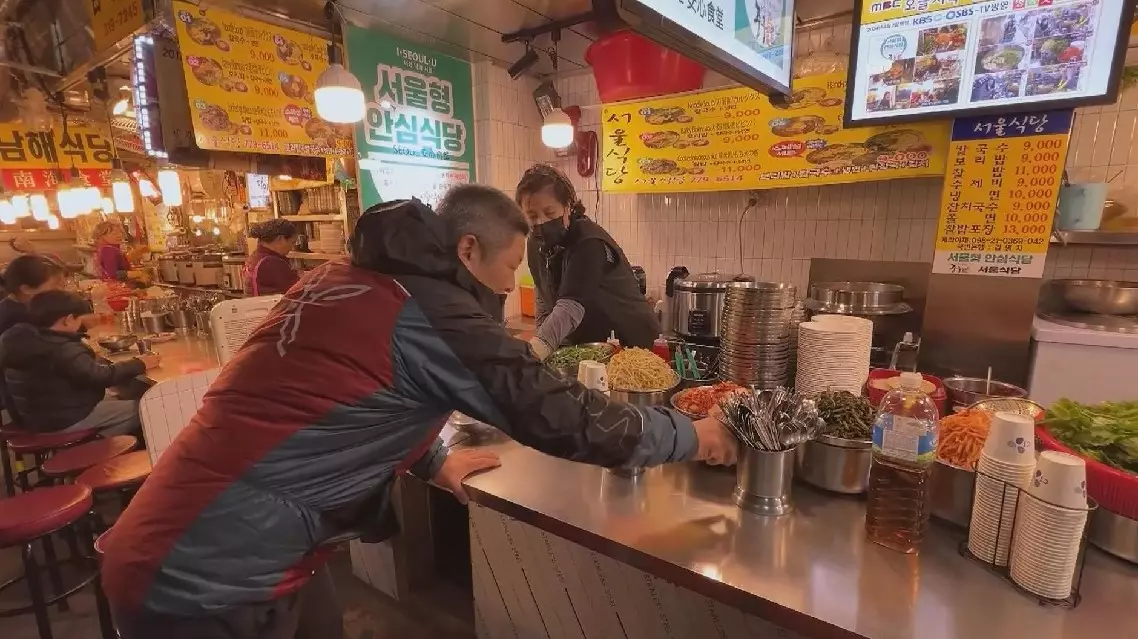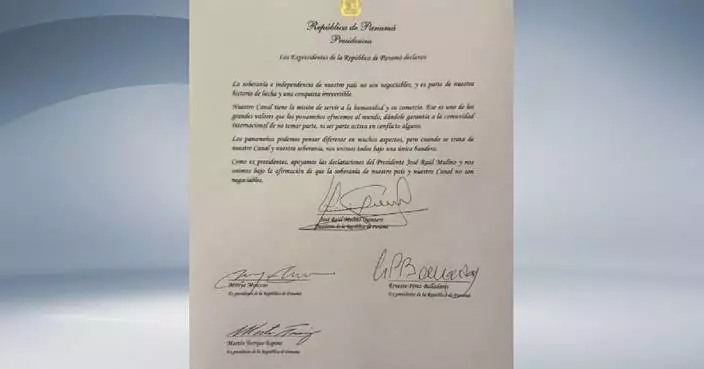People in the cities of Jingdezhen and Nanchang in east China's Jiangxi Province have welcomed the country's expanded visa-free policy, which is expected to further boost inbound tourism in the region.
Last week, China announced a significant relaxation of its visa-free transit policy, extending the permitted stay for eligible foreign travelers from the initial 72 hours and subsequent 144 hours to 240 hours, or 10 days.
Effective immediately, 21 additional ports have been designated for visa-free entry and exit, and the areas in which transit travelers can stay have been expanded from 19 to 24 provincial-level regions, according to a statement from the National Immigration Administration.
Among the newly added areas allowing transit travelers to stay are Nanchang and Jingdezhen, two cities in Jiangxi Province. Residents of these cities are thrilled about the new policy and the opportunities it brings.
Philip Read, a Canadian ceramic painter, spends much of his year in Jingdezhen, known as China's porcelain capital, to pursue his artistic work.
He expressed his excitement about the policy change, noting that it would not only make it easier for his family in Canada to visit him in Jingdezhen, but also enable him to invite artists from around the world to experience the city's unique culture and share creative ideas.
"I have seen the new policy, which is a change I think is fantastic, I think it's great. And Jingdezhen is actually very special in many ways in China, because there is a lot of Western foreigners coming here for the art, for the culture, for the history," said Read.
In Nanchang, capital city of Jiangxi, the newly announced visa-free transit policy has also led to a surge in bookings by foreign travelers at some local travel agencies.
Ding Yining, Director of the Overseas Marketing Department at Jiangxi Everbright International Travel Agency, said that since the introduction of the new policy, her agency has received bookings for 12 foreign tour groups, more than three times the number they hosted at the same time last year.
"We have specially launched immersive experience tours, including activities such as wearing Hanfu, making traditional pottery, and tasting authentic local cuisines. These cultural activities are designed to give our foreign visitors a more immersive experience of China's charm, especially the history and culture of Nanchang," said Ding.
China recorded nearly 17.45 million foreign visitors entering the country visa-free in the first 11 months this year, marking a significant growth of 123.3 percent year on year.

Jiangxi gears up for increased inbound travel under new visa-free policy









